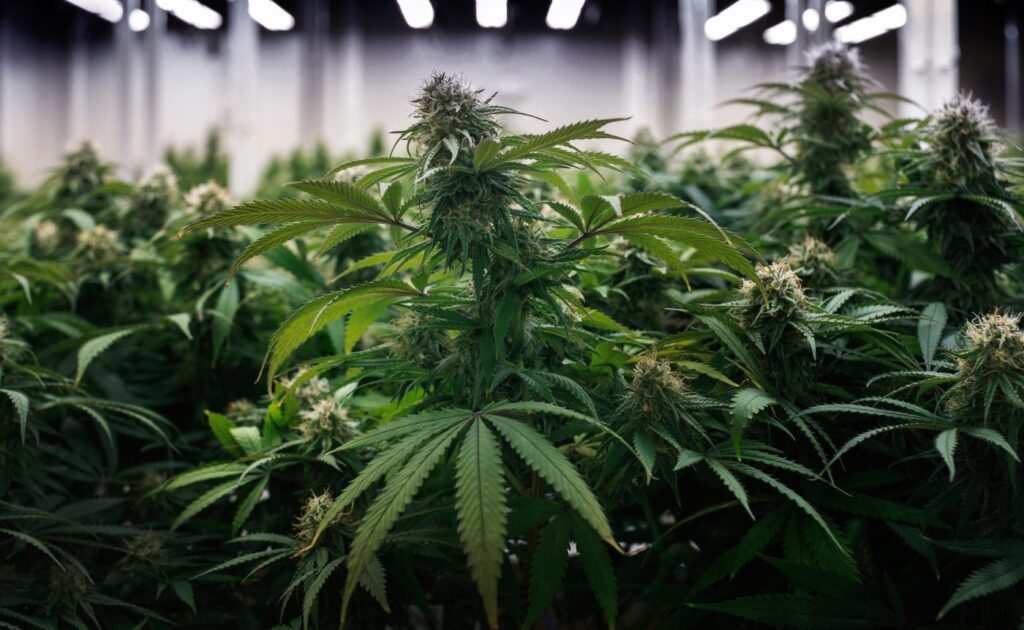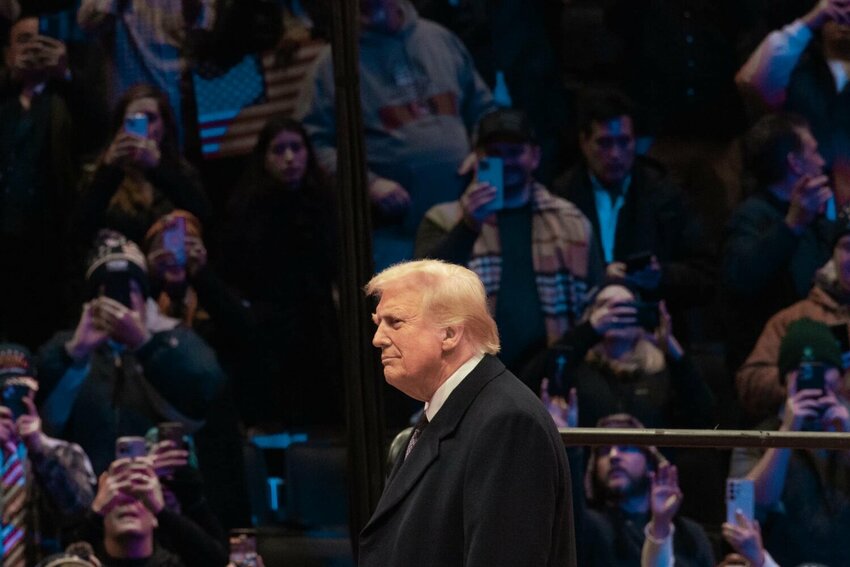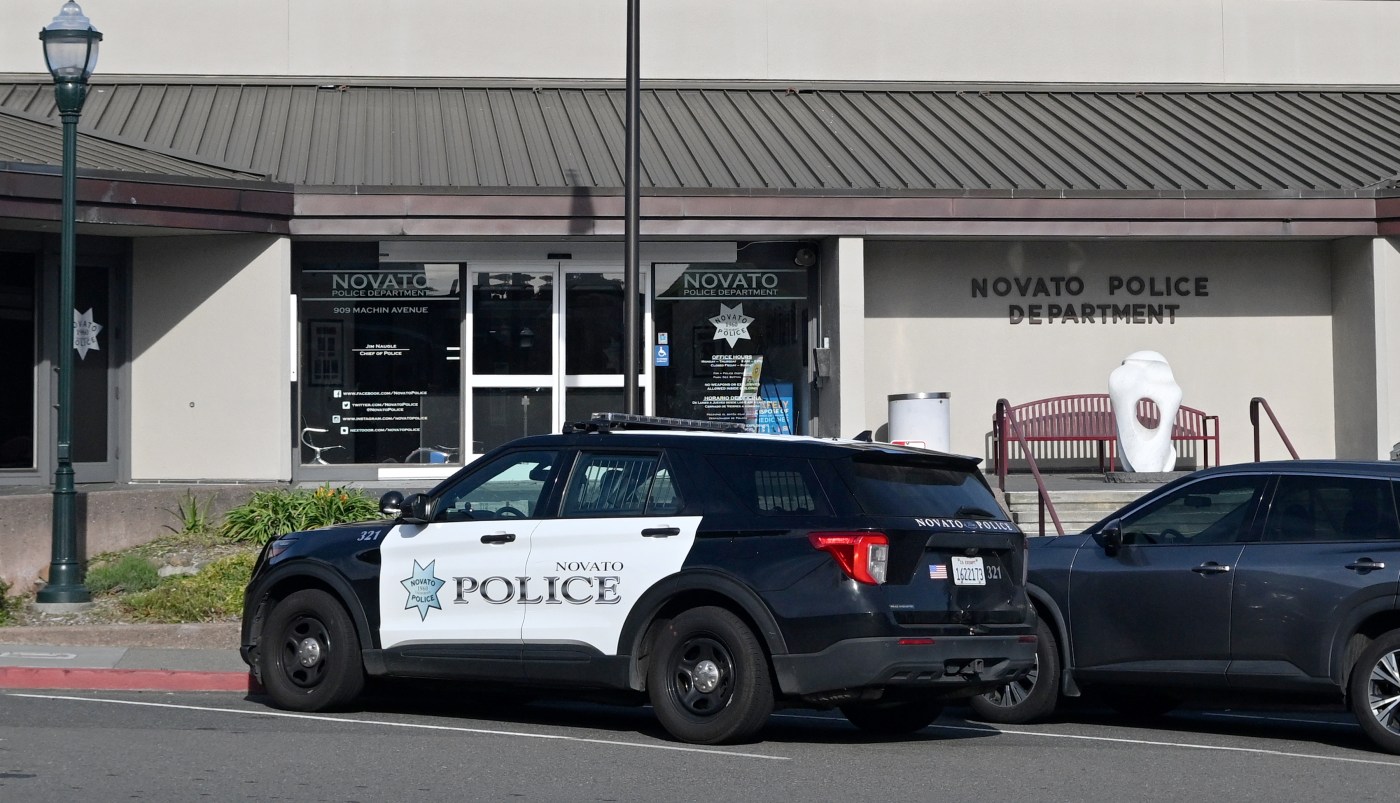
A recent ruling by a federal appeals court has cast further doubt on the future of New York’s legal cannabis industry. The court decided that the state’s approach to prioritizing cannabis businesses owned by individuals previously impacted by the criminalization of cannabis was unconstitutional. The judges ruled 2-1 that this preference discriminated against out-of-state residents, violating the Constitution’s dormant Commerce Clause.
This decision follows a series of missteps in the rollout of the legal cannabis market. In a separate development, the New York State Office of Cannabis Management announced a change in its methodology for measuring the distance between cannabis shops and sensitive areas, such as schools and houses of worship. Cannabis retailers are required to maintain a distance of at least 500 feet from these locations. The abrupt change in policy puts more than 150 approved retailers at risk of closure, including those already operational and others set to launch after lengthy preparations.
The mismanagement of New York’s cannabis market has drawn criticism from various stakeholders. Efforts to prioritize local, formerly criminalized business owners have resulted in significant challenges. Slow bureaucratic processes, steep loan terms, and the exclusion of certain protected classes have hampered these entrepreneurs. They have often found themselves advocating for their rights through litigation and public campaigns to address their grievances.
The ruling’s timing raises questions about the state Legislature’s earlier decisions. The prioritization strategy, which was intended to support local businesses, has now been deemed unconstitutional, undermining the foundation of the regulated market. Despite ongoing challenges, the state has made progress in addressing the issue of illegal cannabis shops, with new legislation aimed at shutting them down.
The implications of the court’s ruling are significant. While existing licenses will not be immediately revoked, the uncertainty surrounding the legality of the current framework places many licensed businesses on shaky ground. As some retailers struggle to stabilize their operations, the focus must shift to resolving the distance measurement issue to prevent further closures.
Legislators are faced with the challenge of creating a more stable environment for cannabis businesses in New York. The current situation contradicts the original intent of the legislation, which aimed to support local small business owners. Ironically, the very policies intended to protect these entrepreneurs may have facilitated the entry of larger out-of-state firms into the market.
Moving forward, it is crucial for the state to address the legal and regulatory uncertainties that have plagued the cannabis industry. Immediate action is necessary to foster an environment conducive to the growth and sustainability of local businesses. The ongoing challenges highlight the importance of effective policy implementation and the need for a comprehensive approach to support New York’s legal cannabis sector.







